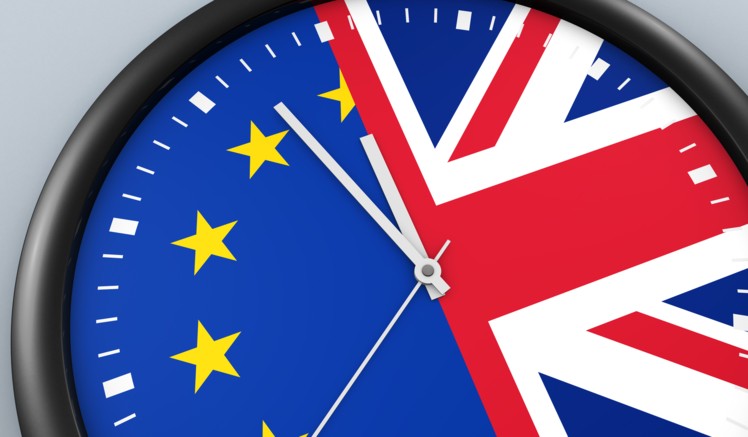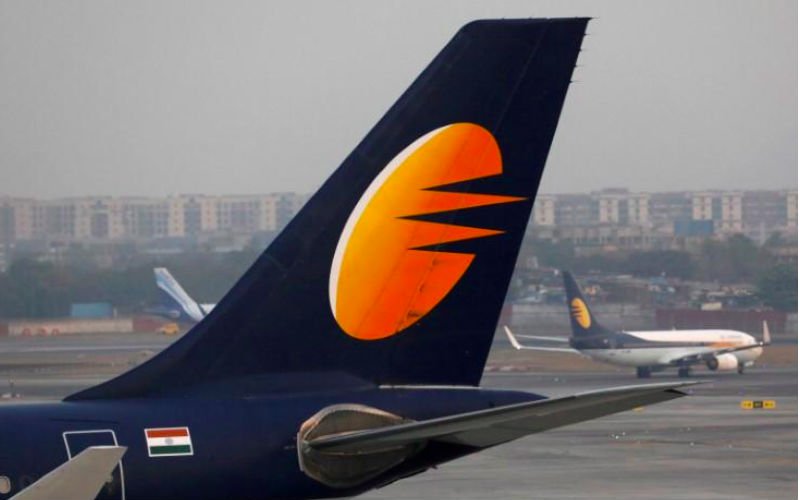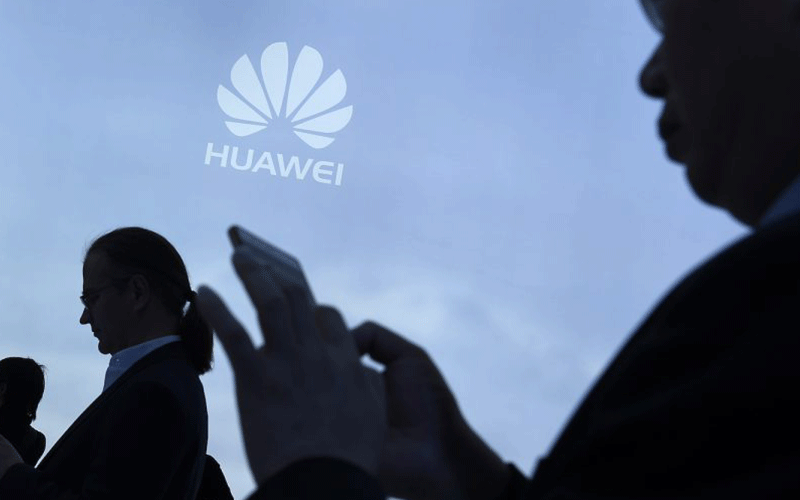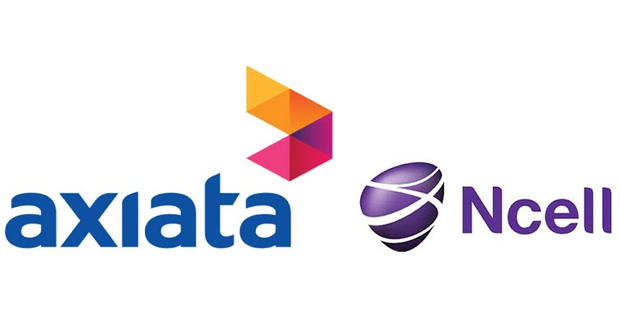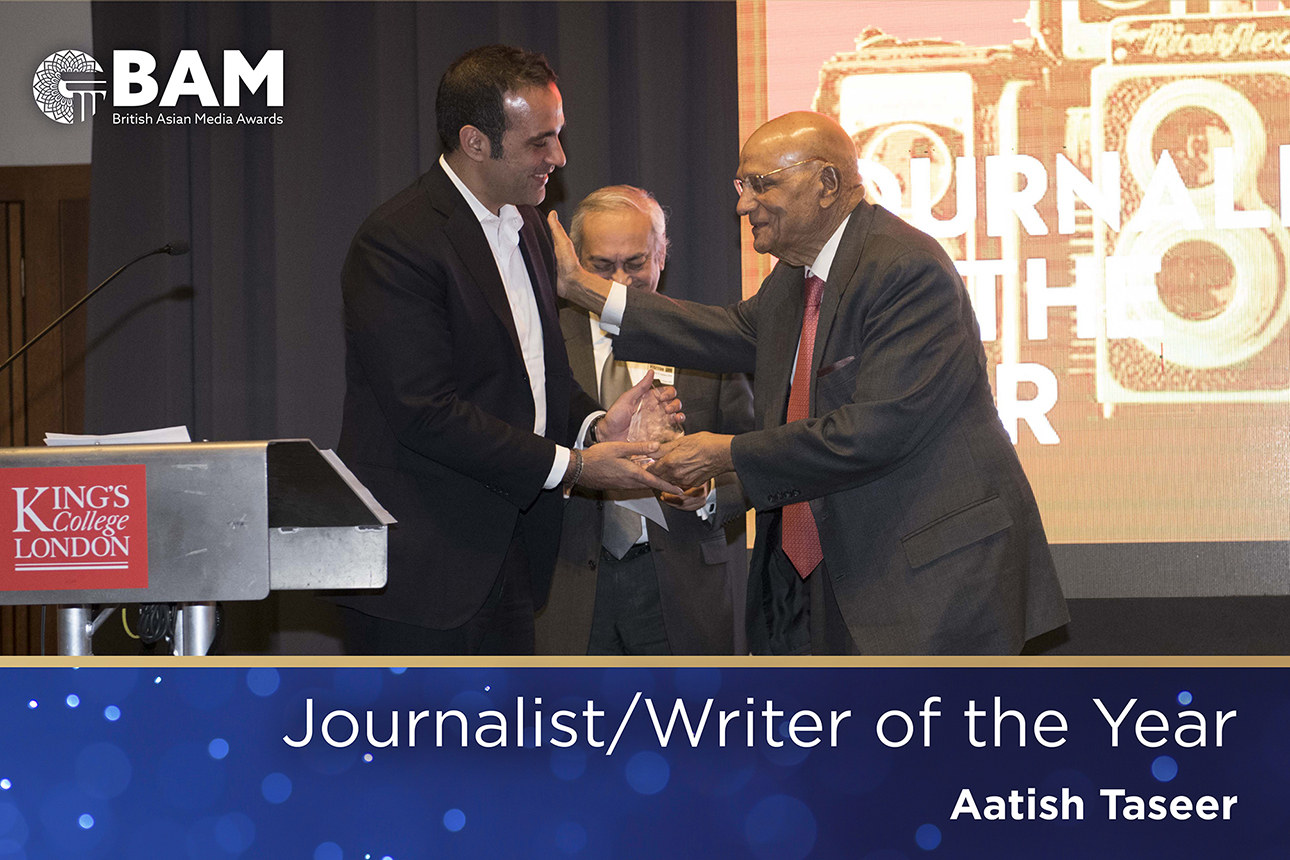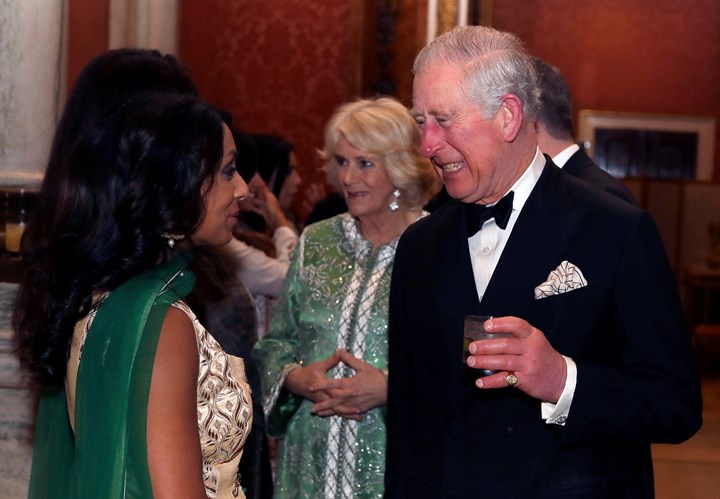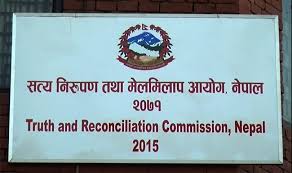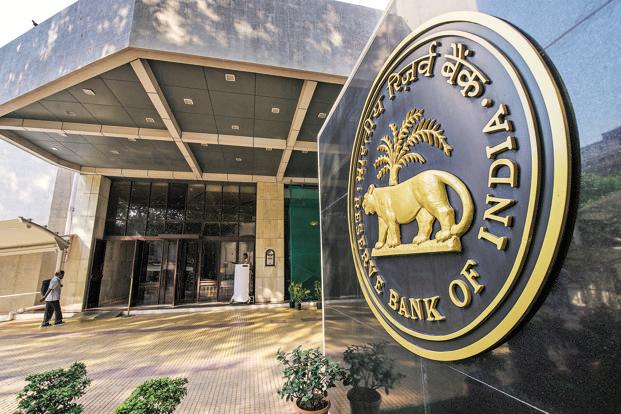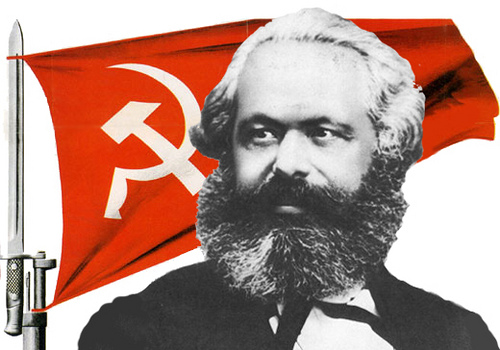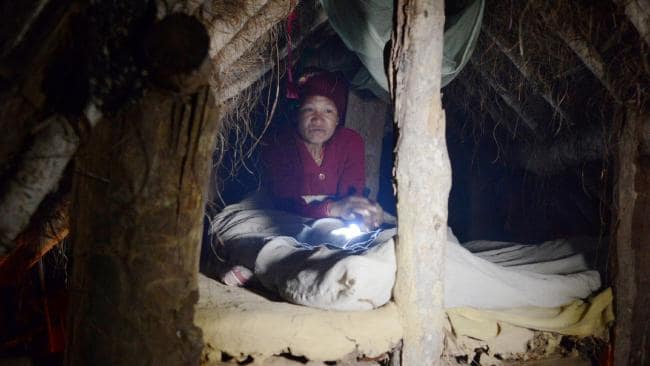AFP, BANGKOK: Thailand on Friday launched a Huawei Technologies 5G test bed, even as the United States urges its allies to bar the Chinese telecoms giant from building next-generation mobile networks.
Huawei, the world’s top producer of telecoms equipment and second-biggest maker of smartphones, has been facing mounting international scrutiny amid fears China could use its equipment for espionage, a concern the company says is unfounded.
The 5G test bed in Thailand, the United States’ oldest ally in Asia, will be Huawei’s first in Southeast Asia.
Thailand’s cooperation with Huawei on the test bed does not mean it is not concerned about security issues, Minister of Digital Economy Pichet Durongkaveroj told Reuters at the launch.
“We keep a close watch on the allegations worldwide. However, this 5G test bed project is a testing period for the country,” Pichet added. “We can make observations which will be useful to either confirm or disconfirm the allegations.”
Pichet was speaking at the test site in Chonburi, the heart of the Thai military government’s US$45 billion economic project – the Eastern Economic Corridor (EEC)- about 90 km southeast of Bangkok. Vendors like Nokia, Ericsson and Thai telecoms operators have also set up 5G labs at the site.
Huawei, which gets nearly half of its revenue from outside China, says it has secured more than 30 commercial 5G contracts globally. But it has not yet signed a 5G contract in Thailand.
Huawei is in talks with telecoms operators, such as Advanced Info Service Pcl and TRUE, to secure local partnerships ahead of a national rollout scheduled for December 2020, industry sources with knowledge of the matter said.
Asked if the United States had reached out to Thailand about barring Huawei, Pichet said: “I have no knowledge of that”.
US embassy spokesperson in Bangkok said the United States “advocates for secure telecoms networks and supply chains that are free from suppliers subject to foreign government control or undue influence that poses risks of unauthorized access and malicious cyber activity”.
“We routinely urge allies and partners to consider such risks and exercise similar vigilance in ensuring the security of their own telecoms networks and supply chains, including when awarding contracts,” the spokesperson added.
Huawei representatives at the test bed site declined to comment as they were not authorised to speak to media.
Ties between the United States and Thailand have cooled since the Thai military took power in a 2014 coup. Relations between Bangkok and Beijing, on the other hand have, warmed in recent years as evident from a pick up in defence trade and Chinese investment in the Southeast Asia nation.
Business as usual
Huawei has previously set up a cloud data centre worth US$22.5 million in Thailand’s EEC, a centerpiece of the government’s policy to boost growth in the country that has struggled to attract foreign investors besides the Chinese.
Alibaba, Tencent, Kingsoft and JD.com have also pledged to invest in the EEC.
This stands in stark contrast to the intense scrutiny being faced by Chinese investment in other parts of the world amid a crippling Sino-US trade war.
Reuters reported exclusively on Jan. 30 that the European Commission was considering proposals that would ban Huawei from 5G networks, but that work was at an early stage.
For Thailand, security concerns over Huawei’s equipment come second to its competitive pricing versus that by US firms, said Pranontha Titavunno, Chairman of the Information Technology Industry Club of the Federation of Thai Industries.
“We don’t think about it because their products are decent and affordable,” Pranontha told Reuters.
“There are always surveillance concerns when it comes to China … But Thailand doesn’t really have anything exciting that might be of interest to Beijing.”





